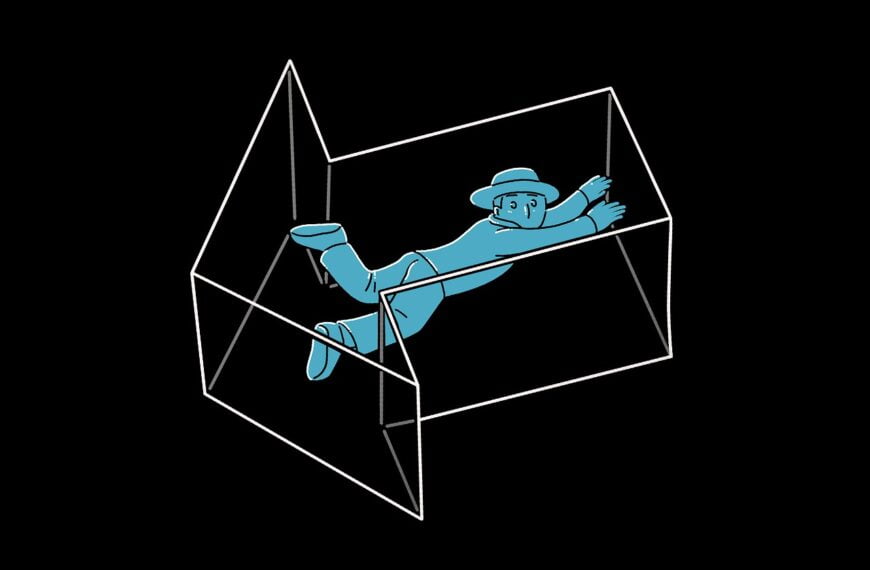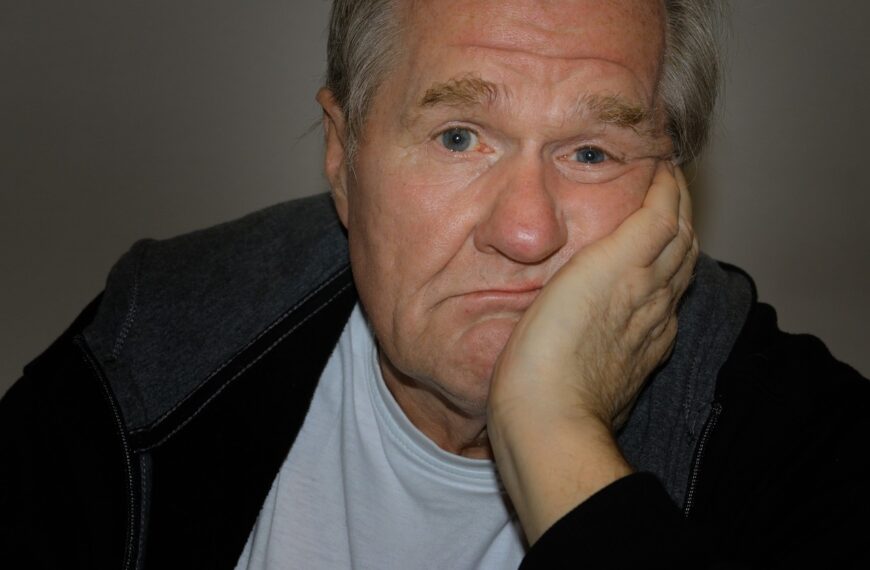A big part of recovery is noticing habits that don’t serve us and replacing them. Sometimes it’s as simple as identifying an emotional reflex. Example: Sometimes I catch myself feeling down and my brain immediately sets out to investigate why that is.
Healing Is Awkward

One of the things I most often hear from folks I serve is how awkward it is for them to reach out and ask for help. I totally understand that feeling, but I encourage folks to consider that this is the easiest way to stagnate their recovery. To be self-conscious and embarrassed is understandable. We need to be mindful that these experiences are not only common; they’re familiar to the folks we’d reach out to.
Let It Go

We treat letting go and acceptance as though they are once and for all decisions made from what our minds know to be best. In truth, both are emotional processes that are ongoing adjustments.
Get Your Recovery Out of Retrograde!

How do you measure your progress in recovery? Counting days is good but it’s not enough. Developing plans that include specific goals is key. Vague ideas about getting better don’t lend themselves to accountability.
Boredom In Recovery Is a Red Flag

One of the very best additions counselors I know refers to ideas like boredom as, “Beautiful lies I tell myself.” I’ve come to see boredom as a lack of imagination and an avoidance of responsibility. It’s often a product of procrastination and/or insufficient investment in self and others.
The Fear of Reaching Out

Shame is an addict’s worst enemy. It leaves us pushing away the very people best poised to help us. Shame is LOUD and it’s amplified by the disease telling us that rejection is inevitable and that trusting others will only lead to heartache.
How Do I Let My Walls Down?

Nearly everyone I’ve ever served as a therapist or as a coach has said to me, “You’ll have to be patient. I have trust issues.” My response to that statement depends on how good I think their sense of humor is. What I’m most likely to say is, “Relax. We all do.”
Am I Too Much?

Our fears are often irrational, but given our experience, it makes sense that we fear becoming something we are not. Thus, we who were raised to believe that we weren’t good enough, now come to fear that we’re “too much.”
Getting “Better” Is Scary! (The fears nobody talks about)

It’s ok to be scared of change and transition. I urge my clients to be patient, especially because we tend to associate change and transition with loss.
How Old Do You Feel? Making Gains in Emotional Maturity

We know that the age at which a person starts using drugs and alcohol to cope is the point at which their development is arrested. What we often fail to consider is that abuse, neglect, and any traumatic experience also arrest development.


